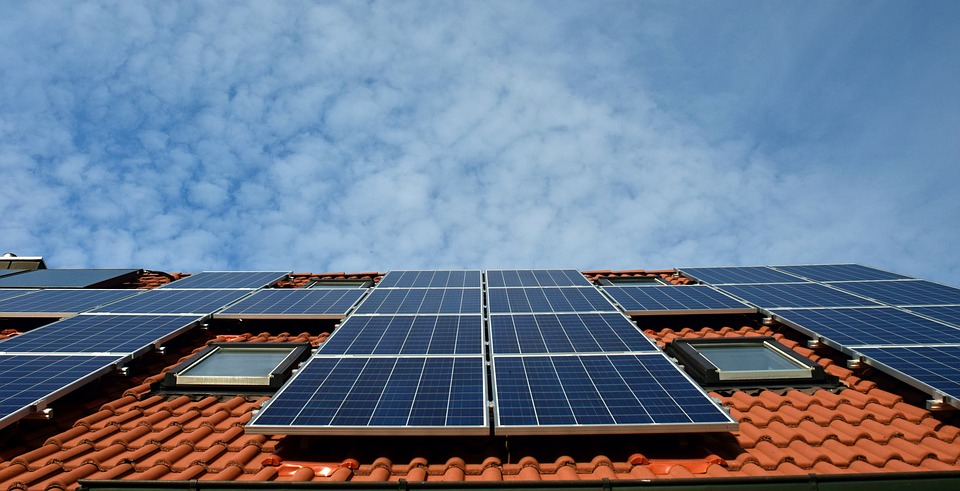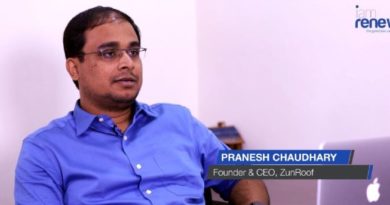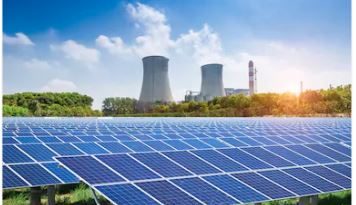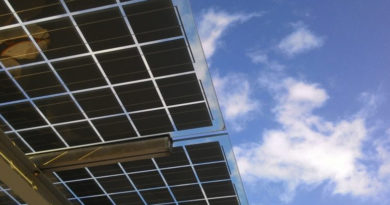Renewables to power rural Maharashtra

Maharashtra State Electricity Distribution Company (MSEDCL) recently issued a tender for 1 GW of Solar capacity separated into smaller projects across 218 talukas throughout the state. The projects would have small capacities of 2-10 MW and cater to just their regions.
The 218 subdivisions (talukas) which are spread across 20 districts of the western state, will have the capacity allocated through competitive bidding under the ‘Mukhyamantri Saur Krushi Vahini Yojana’ scheme by the Maharashtra government. The pre-bid meeting will be held on 8 May and the final date for bid submissions is 22 May. The tender had to be re-submitted after the original tender released on 21 December last year had to be cancelled due to a poor response.
The grid connected solar photovoltaic projects will meet the state’s Renewable Purchase Obligation (RPO). As part of another project the state electricity department is also reportedly looking to finalise a 1 GW floating solar power farm on the Ujjani Dam water reservoir, located in Solapur district.
The DSO issued an Expression of Interest (EoI) to prospective developers. As per the EoI, MSEDCL plans to install the 1,000 MW capacity in the form of 10*50*2 MW projects. The capacity will be distributed on the available water reservoir in Ujjani Dam. All of the capacity will be connected to the network of MSEDCL or MSETCL (Maharashtra State Electricity Transmission Company Ltd.). The winning bidders will enter into a power purchase agreement with MSEDCL for a period of 25 years. The MSEDCL will also assist the winners in acquiring necessary approvals from the water and irrigation department, connectivity and other clearances.
The floating PV tender follows the expression of interest SECI issued in December 2017 to develop 10 GW of floating PV capacity, planned over the next 3 years. The Solar Energy Corporation of India will select Floating Solar PV Plant Developers (FSPDs) through a tender. Through floating PV projects, land constraints will be avoided.

In yet another attempt, the discom is in the process of installing separate feeders powered by solar energy for the agricultural sector. Currently domestic and agricultural consumers receive electricity from the same feeders, but with the new solar feeders the agricultural sector which accounts for around 30% of the state’s electricity use, will take some load off the grid. The pilot project for this was set up in Sangamner Tehsil in Ahmednagar.
![]()




